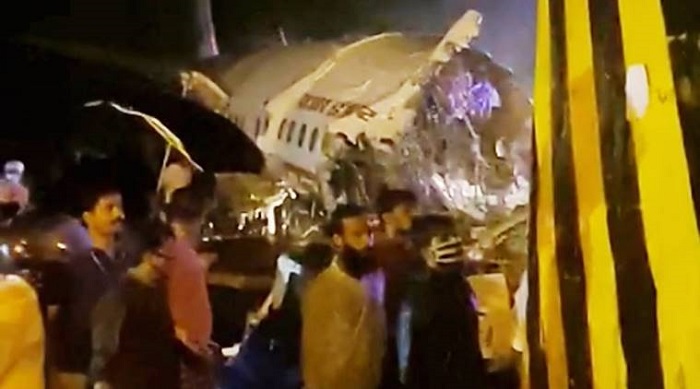Bengaluru, Jun 20: Former prime minister and JD(S) supremo H D Deve Gowda on Thursday said, "’One Nation, One Election’, holding simultaneous polls to the Lok Sabha and state assemblies -- would create confusion among the voters.
"I have my own apprehensions about it. I feel we are not so advanced," he told reporters in Bengaluru, a day after Prime Minister Narendra Modi called an all-party meeting in New Delhi to build a consensus on the idea.
It was announced after the meeting that a committee for giving "time-bound" suggestions on "One Nation, One Election" would be set up by the prime minister. Deve Gowda said, "There are some people who welcomed it and some who did not. Let us be honest. The only thing is, there is one polling booth here and another polling booth for the Assembly polls that side. There will be confusion. That is the one disadvantage where I am little bit perturbed."
He said there would be somebody to guide the voters, which the Election Commission (EC) alone could do and not the political agents as they were not permitted. Deve Gowda said when elections were held using paper ballots, officials gave separate paper slips to the voters if polls to the Lok Sabha and state assemblies took place simultaneously.
“The process used to clear the doubts among the voters,” he added. “However, now that elections take place using electronic voting machines (EVMs), there will be a problem if simultaneous polls are held,” Deve Gowda, whose party is in the ruling alliance with the Congress in Karnataka, said.







Comments
Implement only in your rss land Gujarat. We not requireally any Jews backing policy in India
Add new comment